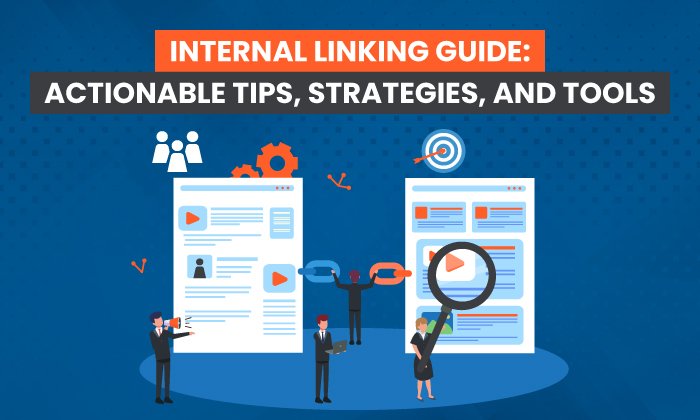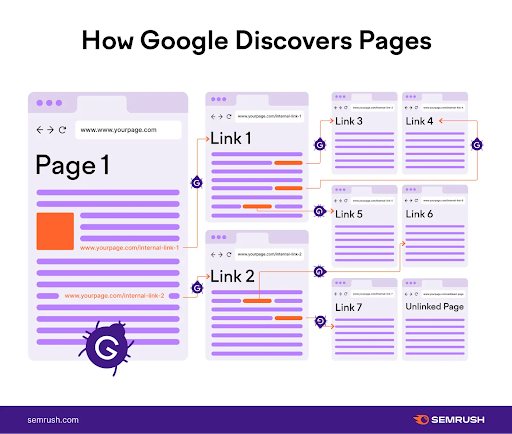7 External Linking Best Practices for SEO

By dshah@hubspot.com (Dharmesh Shah)
Content. Links. RankBrain.
These are the top-ranking factors Google considers when it comes to showing results on the search engine result page (SERP). Given that much of search engine optimization centers around getting lots of good links to and from your website, it’s essential to learn how to make these links work for you.
In this article, we discuss what external linking is and why you should do it. We also reveal seven external linking best practices. At the end of this article, you’ll know how to use external linking to help your content appear higher on the search engine results page.
When should you link to other sites in SEO?
External links are hyperlinks that direct readers to a website other than your own. On the surface, using external links seems counter-intuitive—these links take people away from your website, after all. However, as we shall see later in this article, it’s one of the most essential sources of ranking power you can ever use.
Four Benefits of External Linking
Linking to outside websites, when done right, offers several benefits:
1. External linking improves your credibility.
When you add trustworthy and relevant website links to your content, it improves the credibility of your website. In addition, valuable external links provide your readers with references, which will enhance your website’s authority.
External linking is similar to the way you cite sources in a bibliography for an academic paper—it shows that you’ve created your content based on sound research.
2. External linking improves your SEO.
The external links you add can assist search engines in determining the usefulness and quality of your pages. High-quality pages usually link to other high-quality pages; thus, search engines will look at your content favorably, helping you rank higher.
If you link to an interesting article on a critical topic of interest to your business, Google uses this as one way to know what your website is about.
3. External linking is an easy way to create connections.
Other websites can tell when you’re linking to them. And the chances are that they might return the favor and link back to your website if the opportunity arises, which is great because the more quality backlinks you get, the better.
It’s an easy and positive way to reach out, make connections in your industry, and get your content in front of the right audience.
4. External linking offers readers more value.
Adding external links provides a better user experience for readers. These links lead to related information that adds to the value in your content without duplicating content. When readers see that you consistently link out to resources that’d help them understand a topic better, they’ll begin to associate more value with your website.
External Linking Best Practices
According to Google, linking is one of the most important factors for achieving high rankings, you must understand how to use external linking to your advantage. Here are key external linking best practices to …read more
Source:: HubSpot Blog

![→ Download Now: SEO Starter Pack [Free Kit]](https://no-cache.hubspot.com/cta/default/53/1d7211ac-7b1b-4405-b940-54b8acedb26e.png)






